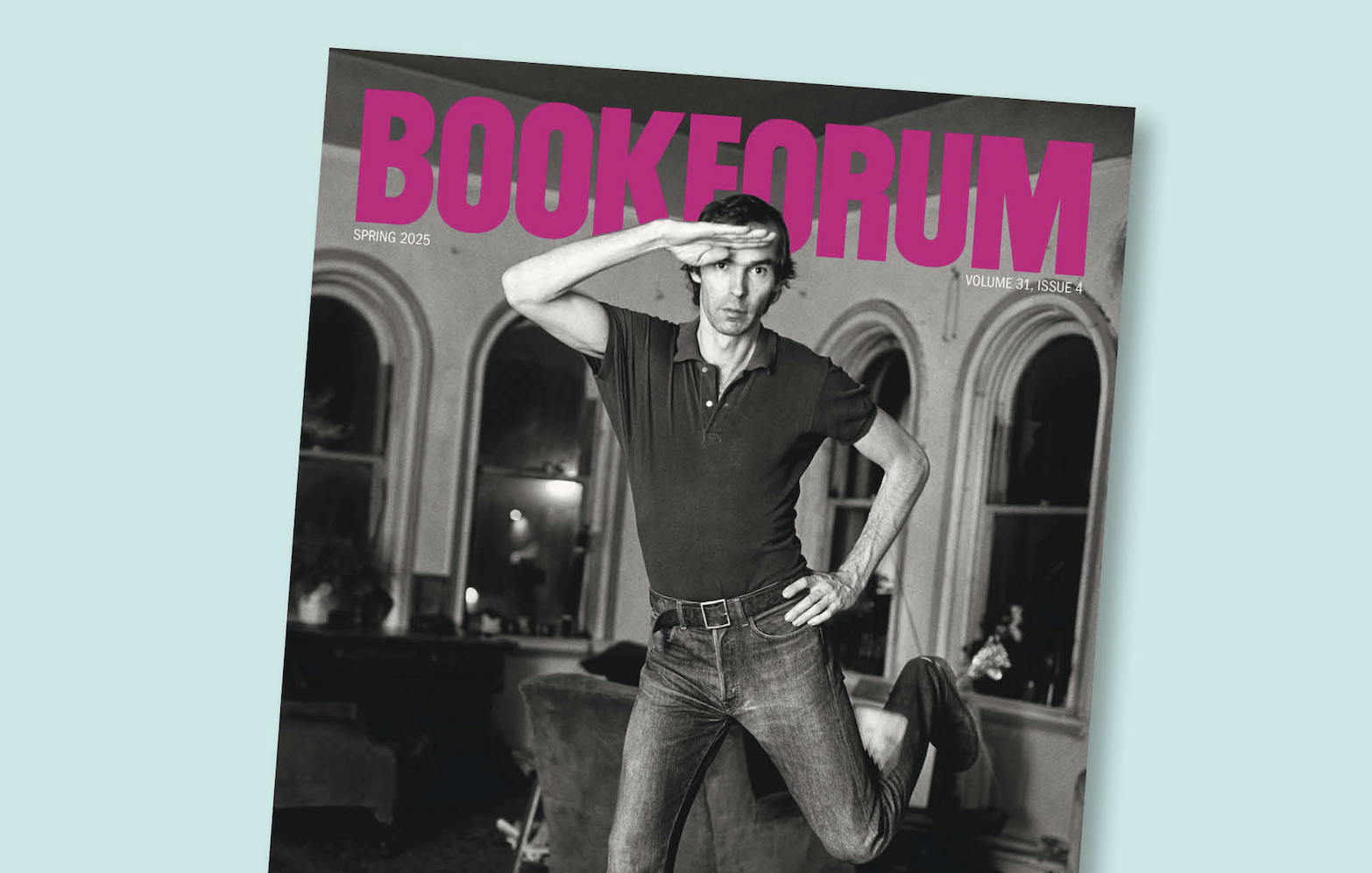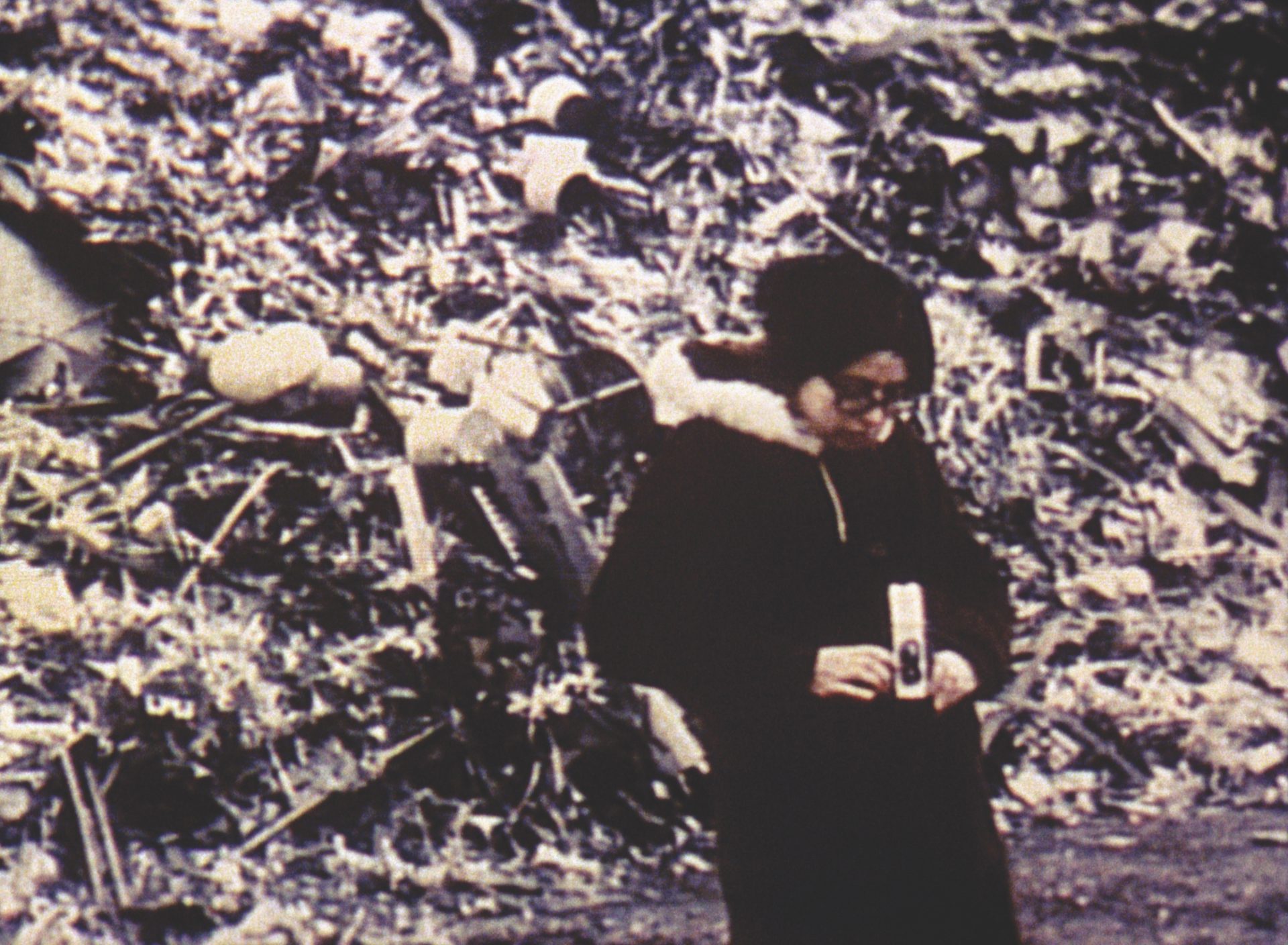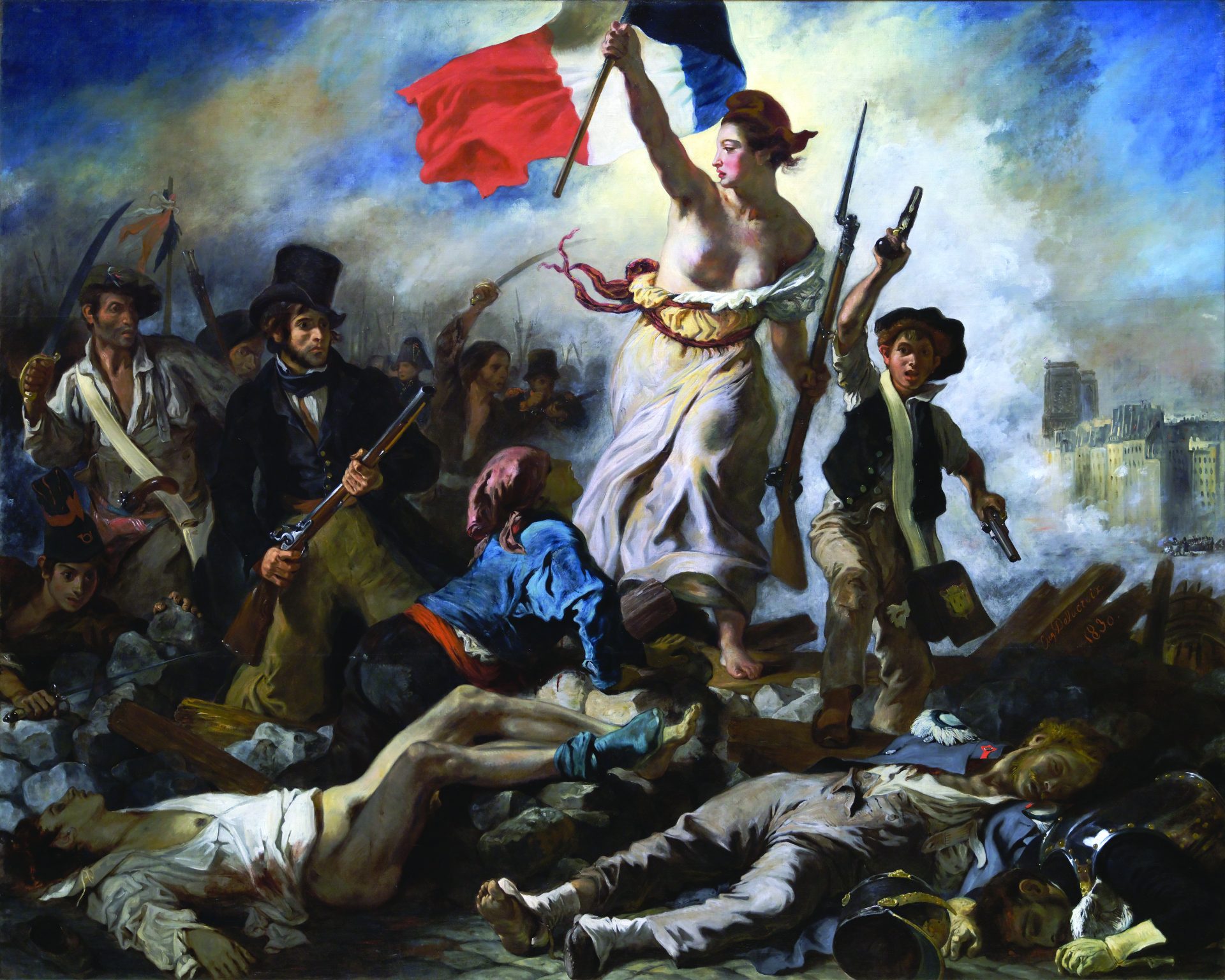
THOMAS BELL’S Out of This Furnace (1941) is a romantic jewel of Popular Front literature, reminding us that white working-class people were once at the forefront of turning the United States into a more egalitarian country. Bell (born Belejcak) framed his autobiographical novel around three generations of Slovak American men who live and labor in the steel mills of Braddock, Pennsylvania, from the 1880s through the 1930s. Kracha, the oldest, hates working for the imperious company that becomes US Steel. He quits and throws away what little money he has on a small business that eventually fails. Mike, his son-in-law, dreams of confronting the steel bosses and, at one point, even votes for Eugene V. Debs, the Socialist candidate for president. He dies young in a horrendous accident at the mill. For these uneducated immigrants, there seems to be no escape from dangerous, insecure, and poorly paid jobs.
But the novel concludes with a redemptive narrative of industrial democracy. In the mid-1930s, Mike’s son, Dobie, a skilled worker born in Braddock, helps start a union at the steel factory in town. Dobie has no fear of challenging the giant corporation. He makes friends easily with coworkers across ethnic lines and believes organizing a union is a patriotic duty. “I want certain things bad enough to fight for them, bad enough to die for them,” he vows. “Patrick Henry, Junior—that’s me.”
In a passage portraying the union representatives who recruit Dobie to the cause, Bell captures an attitude that has always been at the crux of progressive social movements and that resisters to Trump from outside the liberal elite might take to heart:
They were outspoken, fearlessly so, as though they had never learned to glance around and see who might be listening before they spoke . . .They assumed that there was one law for the rich and one for the poor, and that it was the same law; and they talked about newspapers and radio chains and law courts and legislative bodies as though these things could be used for the benefit of ordinary people as well as against them . . . nobody in the steel towns had ever been heard to talk the way they talked—without stumbling over the words, uttering them as though they meant something real right there in Braddock—about liberty and justice and freedom of speech.
Alas, the decline of manufacturing unions has left the Dobies of the twenty-first century with no institutions to stand up for them and fight against their employers and the politicians who do their bidding. So it is not surprising that many blue-collar workers voted for a real-estate mogul who promised, in brash and memorable phrases, to return the country to a time when their parents or grandparents had secure, well-paying jobs. Of course, Trump never acknowledges that, without a strong labor movement, this past America would not have been so “great” after all.
Michael Kazin is the author of War Against War: The American Fight for Peace, 1914–1918, which was published in January by Simon & Schuster. He teaches history at Georgetown University and is the editor of Dissent magazine.





